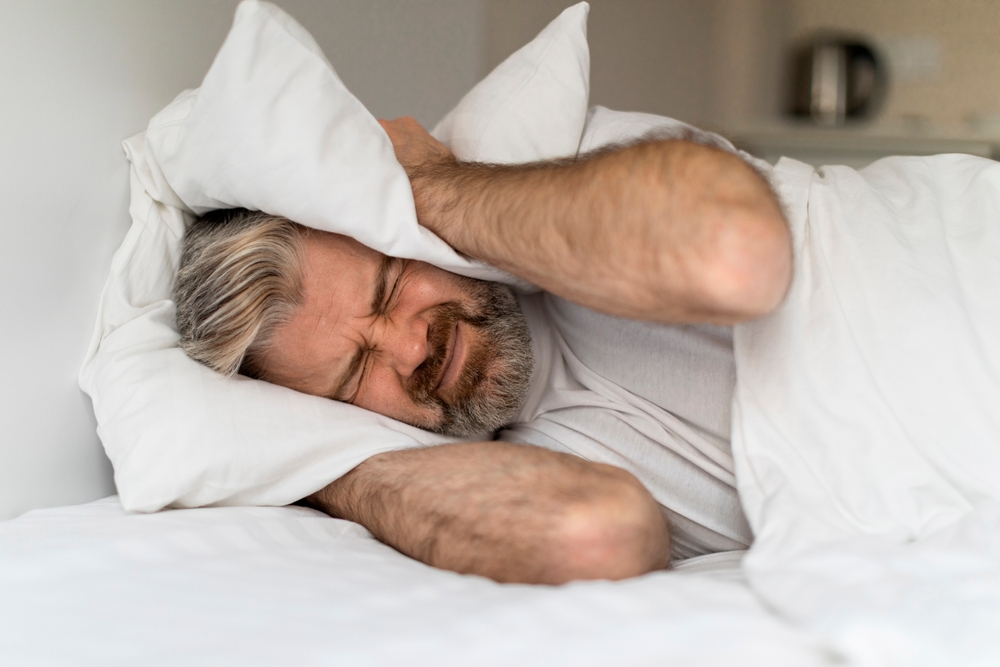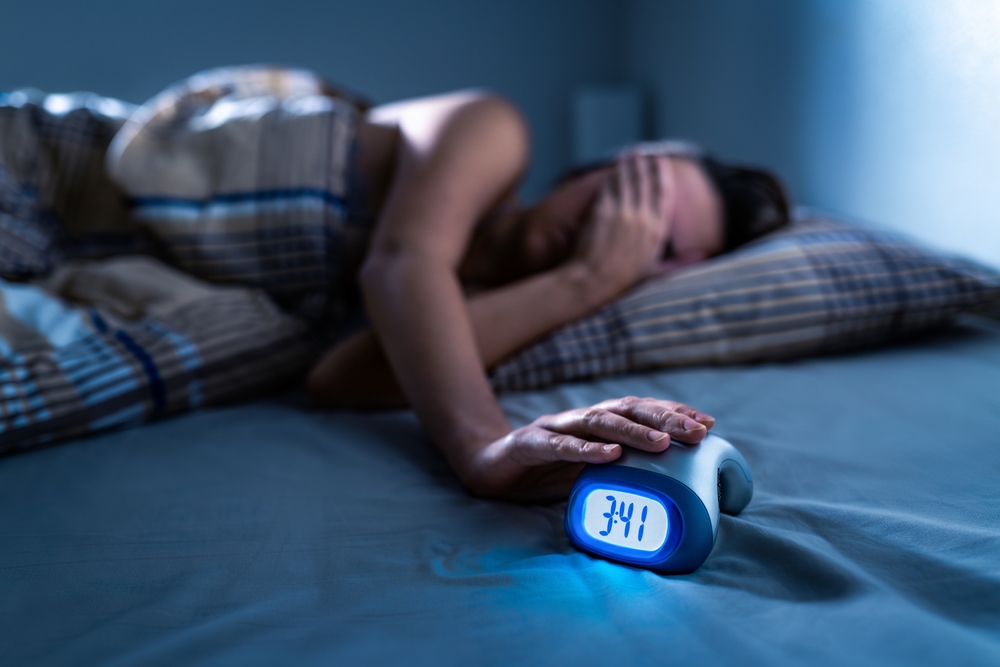Sleep patterns change significantly throughout life.
Others are reading now
Sleep is one of the most crucial factors for our physical and mental well-being, and waking up at the right time can greatly impact our energy levels and productivity.
Our sleep needs and circadian rhythms evolve over time, meaning that the optimal wake-up time in your 20s differs from that in your 70s.
Adjusting your sleep schedule according to your age can enhance concentration, mood, and overall quality of life.
In this article, we examine when you should wake up based on your age and why these times are considered optimal.
Also read
A good circadian rhythm is not just about when you go to bed but also about waking up at a time that aligns with your body’s natural rhythm.
By following these recommendations, you can achieve better sleep quality and a more balanced daily routine.
20-24 Years

You should wake up at: 9:30 AM
Young adults often have a naturally delayed circadian rhythm, making it difficult to fall asleep early.
aking up later allows the brain sufficient time to recover and supports cognitive function and memory.
25-34 Years

You should wake up at: 8:30 AM
At this age, the circadian rhythm stabilizes somewhat, but the body still requires adequate sleep.
Waking up at 8:30 AM allows for a good balance between work, social activities, and recovery.
35-44 Years

You should wake up at: 8:00 AM
Many people in this age group have career and family obligations, which necessitate a stable sleep schedule.
aking up at 8:00 AM ensures sufficient rest and energy for a busy day.
45-54 Years

You should wake up at: 7:30 AM
During this period, the circadian rhythm often shifts earlier, meaning you naturally wake up earlier than in your younger years.
Waking up at 7:30 AM helps synchronize the body with a natural sleep-wake cycle and provides a fresh start to the day.
Many in this age group still have an active professional life, where a stable sleep schedule is crucial for productivity and well-being.
45-54 år

A consistent wake-up time can also reduce daytime fatigue and improve concentration.
Getting enough sleep is important, but maintaining a regular bedtime is equally essential for healthy sleep quality.
Waking up at 7:30 AM ensures exposure to morning light, which regulates melatonin production and boosts energy levels.
Regular physical activity in the morning can further support a stable circadian rhythm.
55-64 Years

You should wake up at: 7:00 AM
At this age, many people find themselves naturally waking up earlier due to biological changes in the body’s internal clock.
Waking up at 7:00 AM can help maintain a stable circadian rhythm and reduce daytime fatigue.
Many people begin experiencing lighter sleep, making sleep quality more important than sleep duration.
55-64 år

Exposure to morning light helps regulate sleep hormones and can lower the risk of sleep disorders.
An earlier wake-up time also allows for a structured morning routine, which can include exercise, meditation, or a calm start to the day.
For those still working, a stable sleep schedule can boost efficiency and energy levels throughout the workday.
It is also advisable to limit caffeine and screen time in the evening to support restful sleep.
Maintaining a healthy balance between sleep and daily activities contributes to overall well-being during this stage of life.
65-74 Years

You should wake up at: 6:30 AM
With age, the body’s natural circadian rhythm shifts earlier, and most people wake up without an alarm clock.
Waking up at 6:30 AM helps adapt to this biological change and supports a healthy sleep-wake cycle.
Many in this age group are retired or working less, providing an opportunity to establish a calm and structured morning routine.
65-74 år

Early morning exposure to daylight is particularly important, as it can enhance mood and stabilize the circadian rhythm.
Starting the day with light exercise, such as a walk or stretching, can help reduce stiffness and increase energy levels.
A consistent wake-up time also contributes to better nighttime sleep and lowers the risk of sleep disorders.
Many older adults become more sensitive to caffeine and evening stimulation, so waking up early can make it easier to fall asleep at night.
75+ Years

You should wake up at: 5:45 AM
With age, sleep becomes lighter and often shorter.
Waking up early helps align with the natural circadian rhythm and supports a healthy lifestyle with morning exercise and exposure to daylight.
Why It Is Important to Maintain a Regular Sleep-Wake Cycle

A stable sleep-wake cycle helps regulate hormones, energy levels, and mood, enhancing both physical and mental health.
Having a consistent wake-up time can reduce daytime fatigue and improve concentration.
Additionally, a regular sleep pattern can help prevent sleep disorders such as insomnia and improve the body’s ability to recover and fight off illnesses.
Why Sleep Patterns Change Throughout Life

The body’s internal clock changes with age, affecting both sleep needs and circadian rhythms.
Young adults often have a delayed sleep cycle and require more sleep, whereas older adults naturally wake up earlier and experience lighter sleep.
Hormonal changes, activity levels, and lifestyle adjustments also play a significant role in determining how and when we sleep best throughout life.








